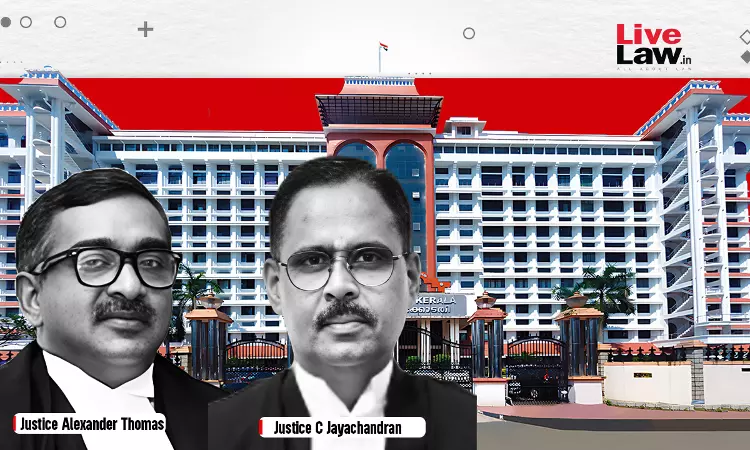Legal Heirship Certificate Cannot Be Issued In Absence Of Valid Adoption & Supporting Evidence: Kerala High Court
Navya Benny
16 Aug 2023 3:05 PM IST

Next Story
16 Aug 2023 3:05 PM IST
The Kerala High Court recently upheld a Single Judge's finding that a Legal Heirship Certificate cannot be issued in favour of a person in the absence of a valid legal adoption and documents evidencing the adoption, so as to enable them to claim compassionate appointment upon the death of the alleged adoptive parent. A Division Bench of Justice Alexander Thomas and Justice C. Jayachandran...
